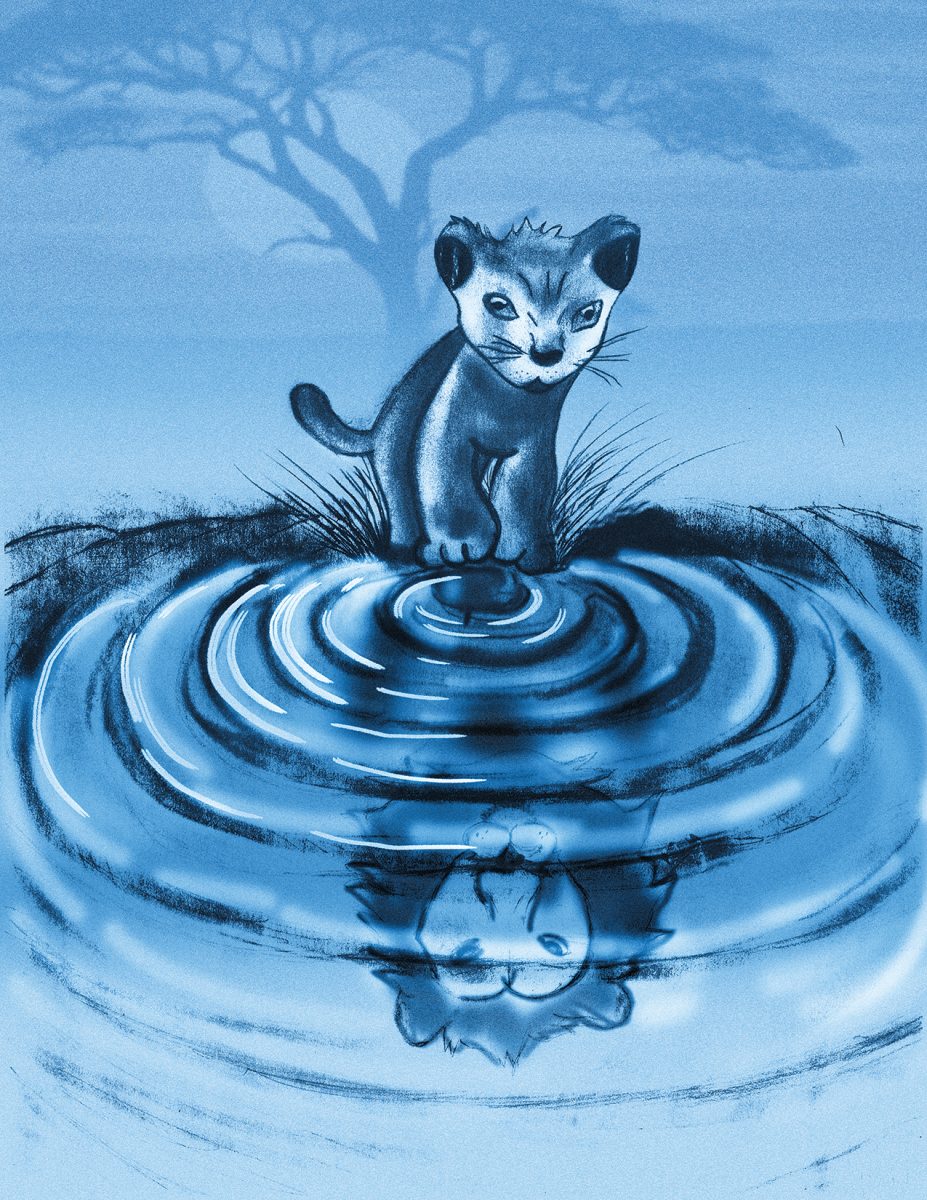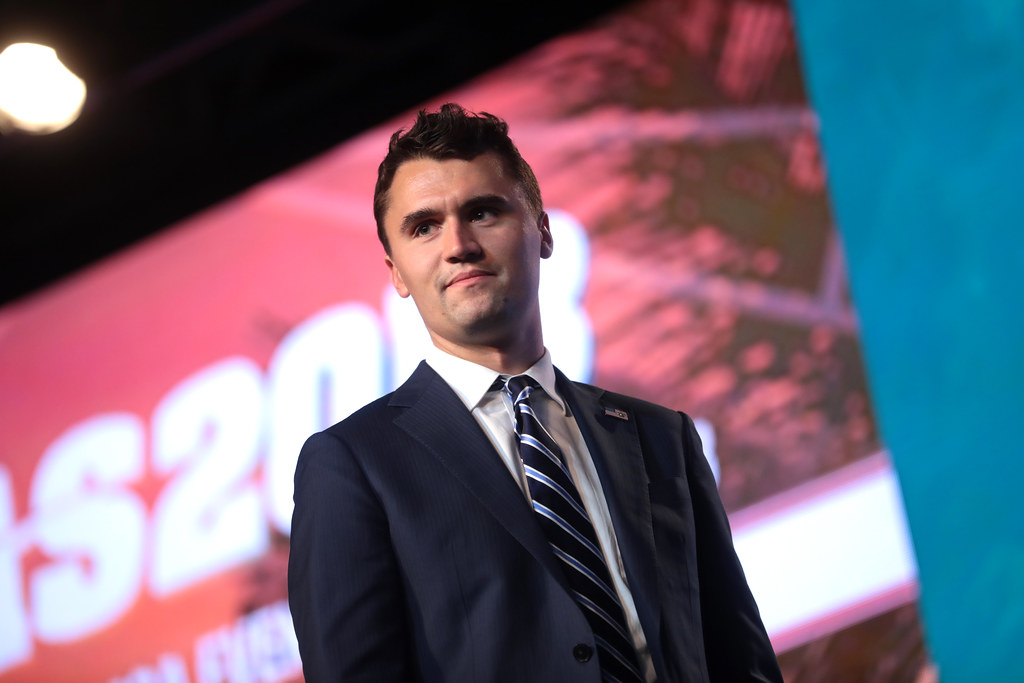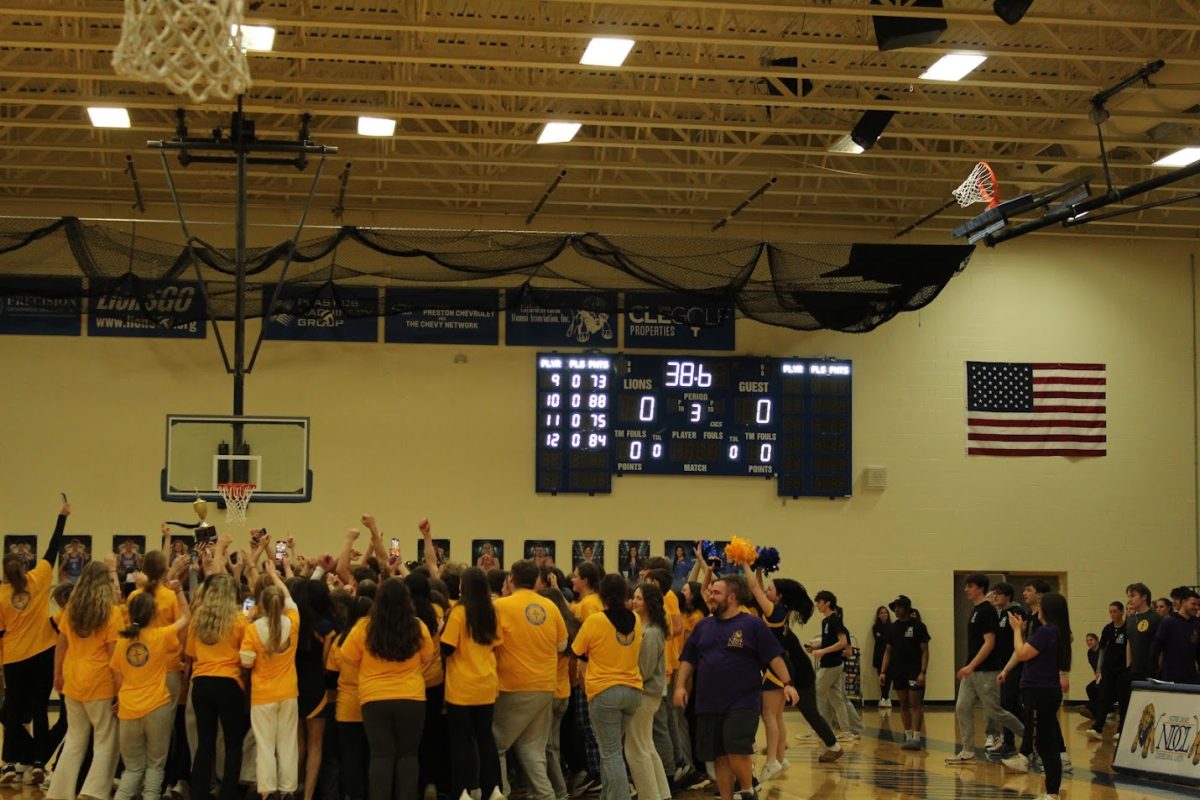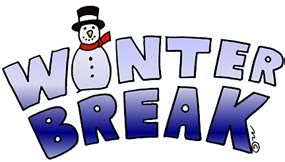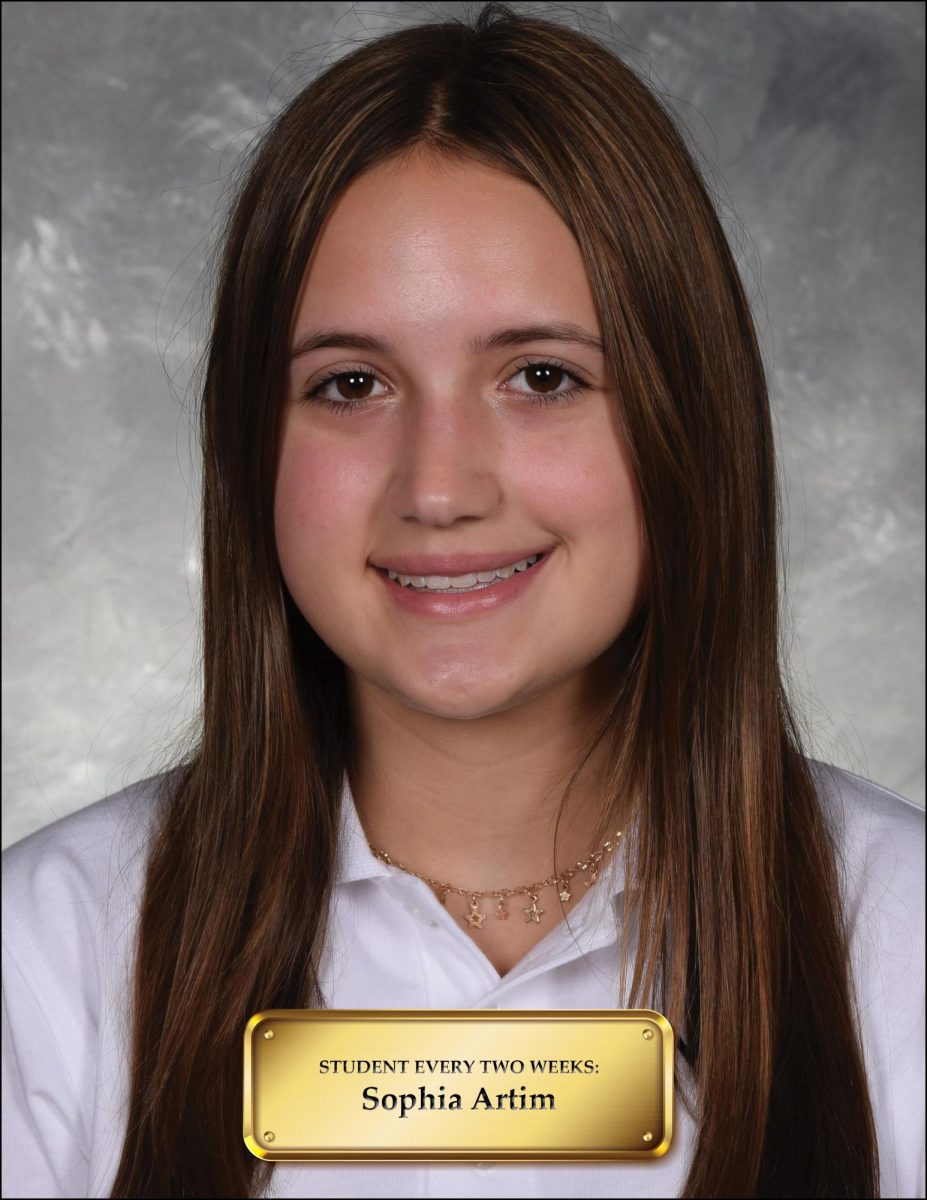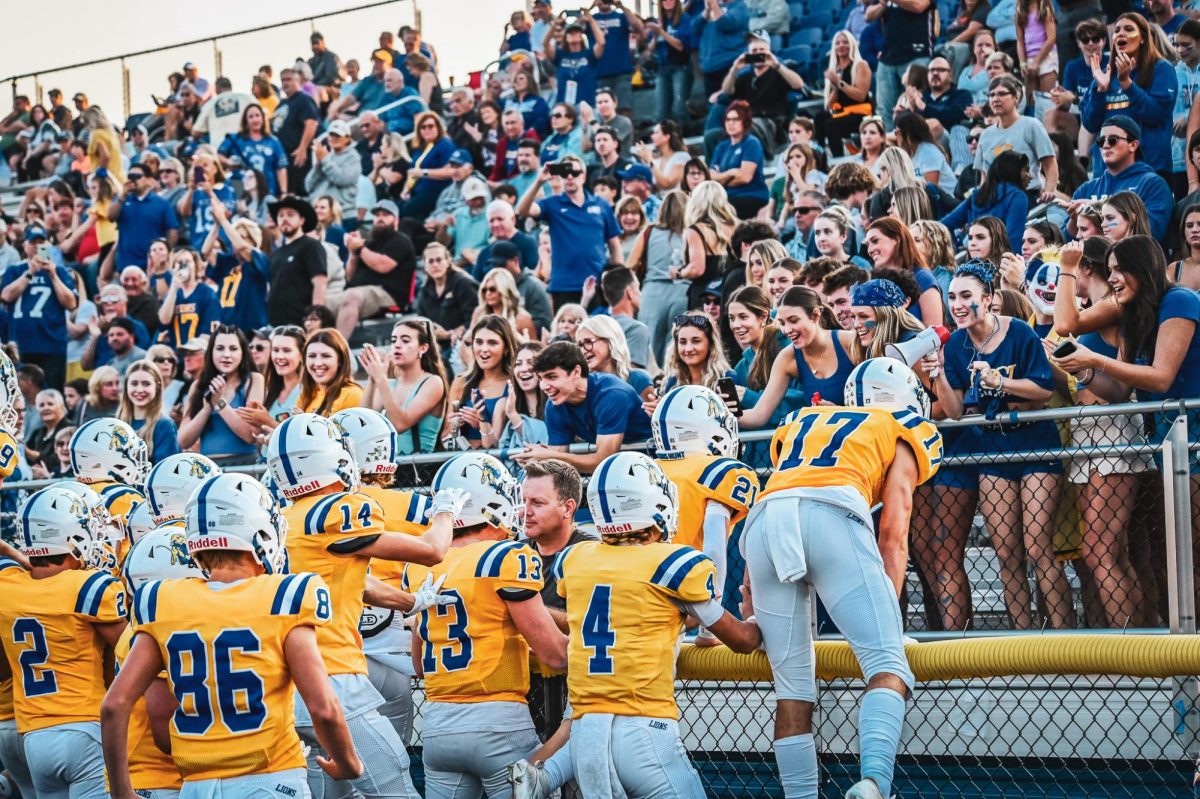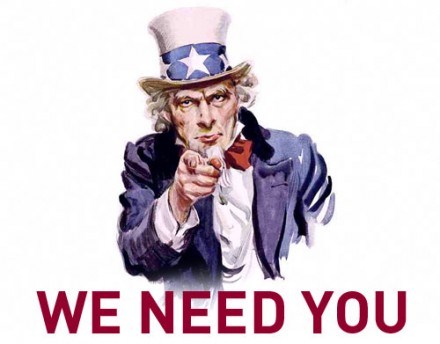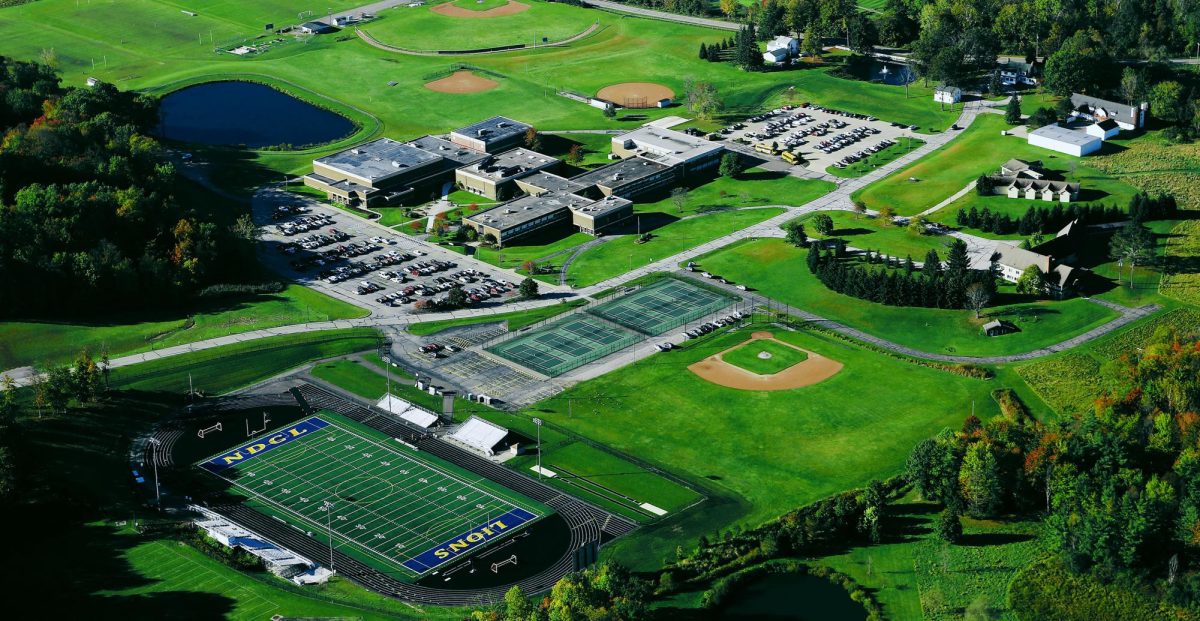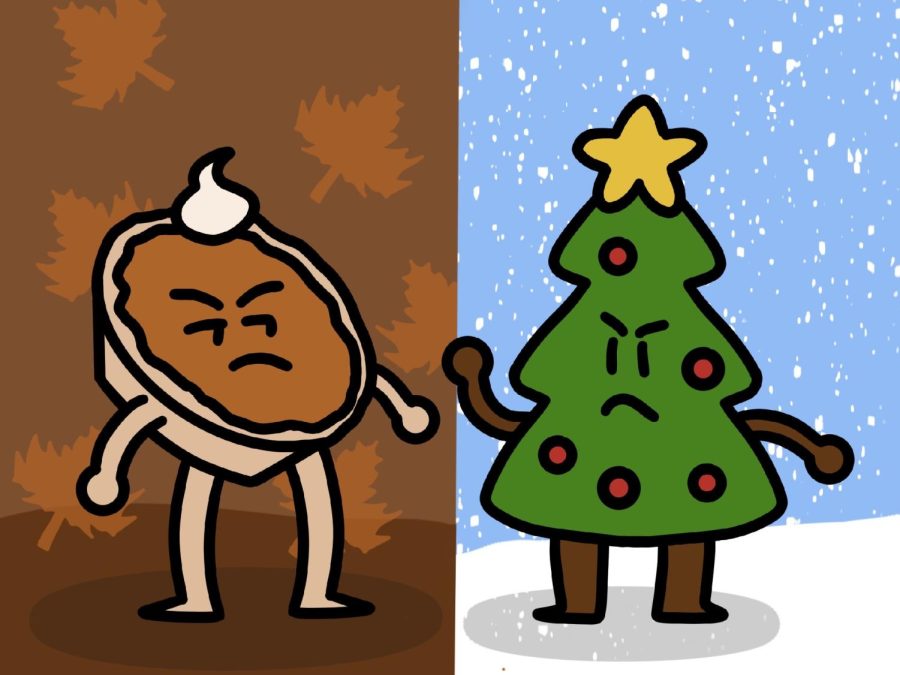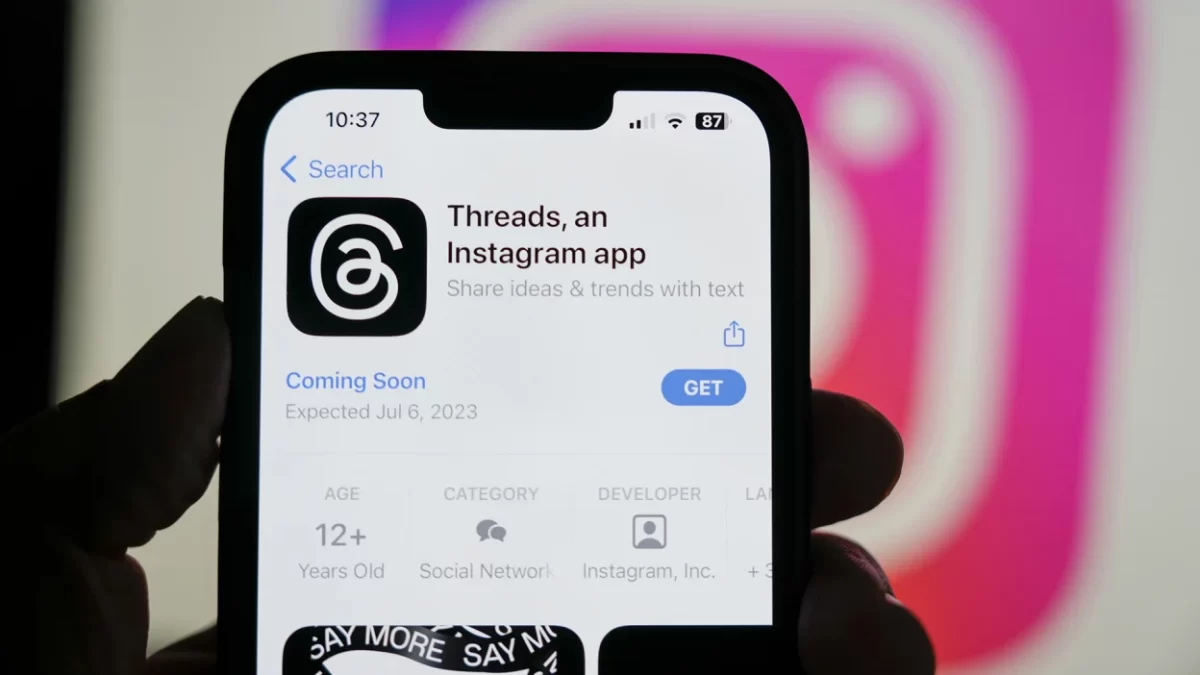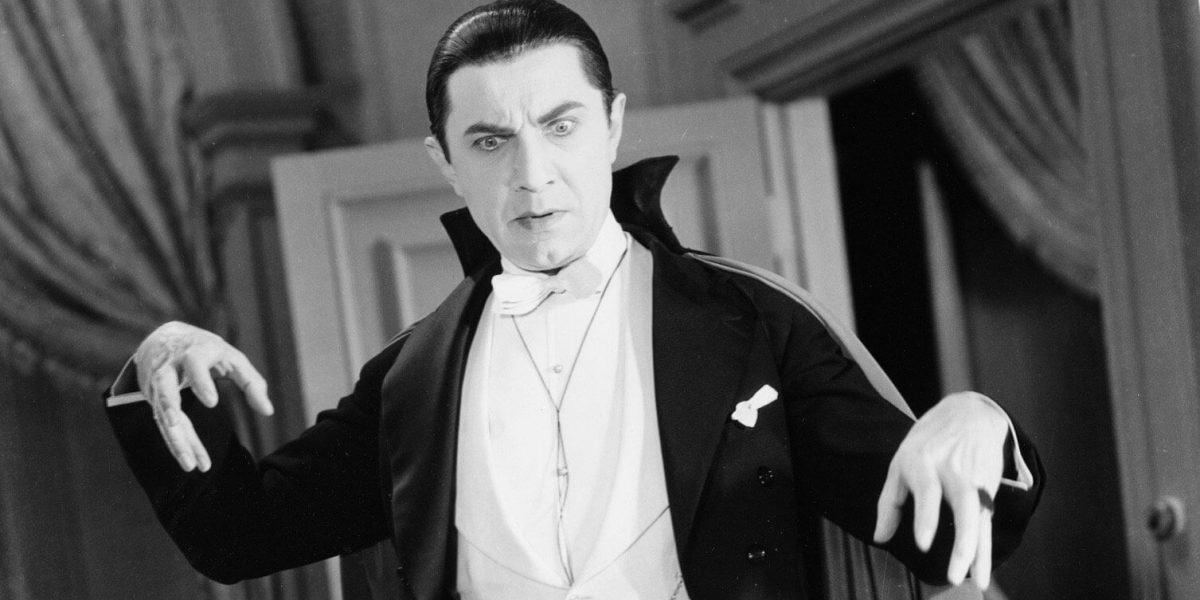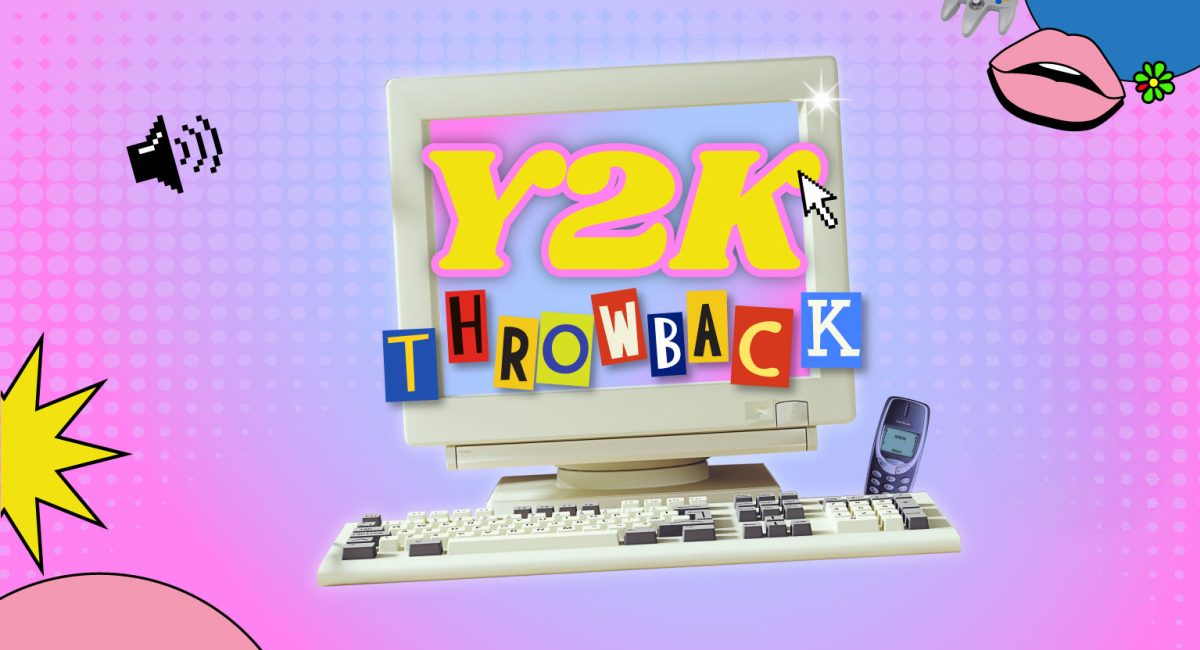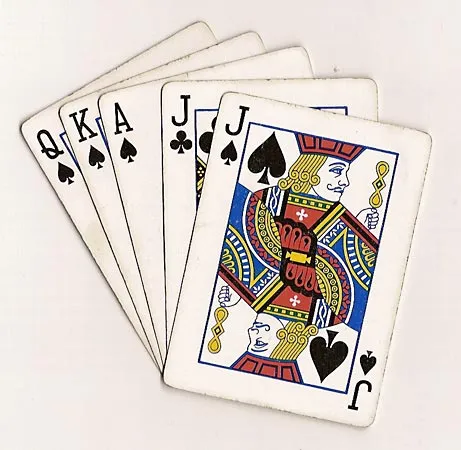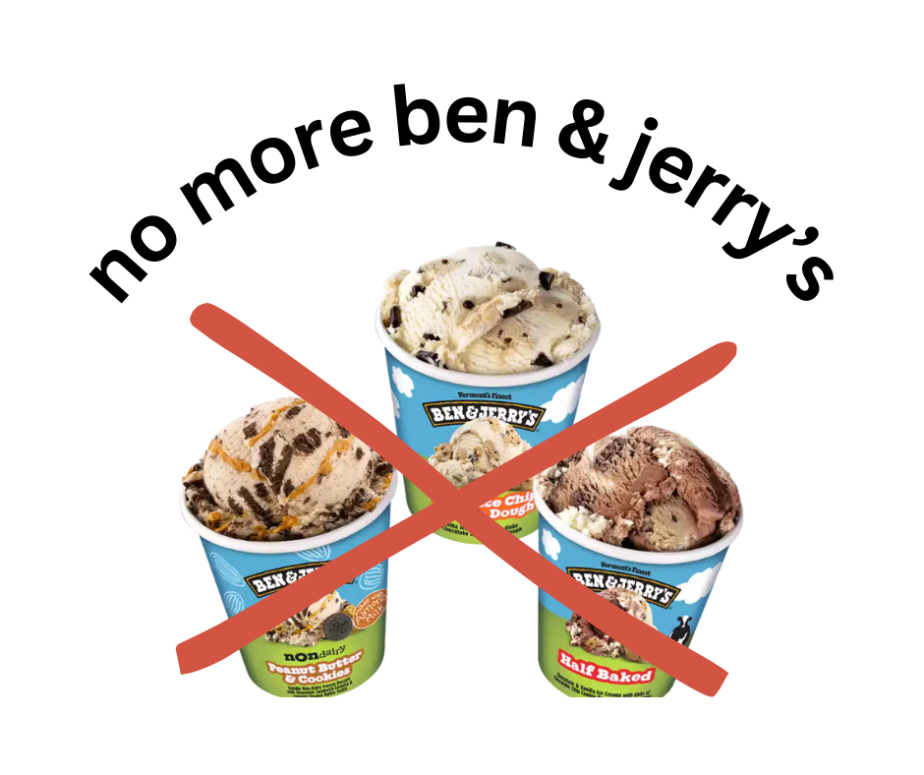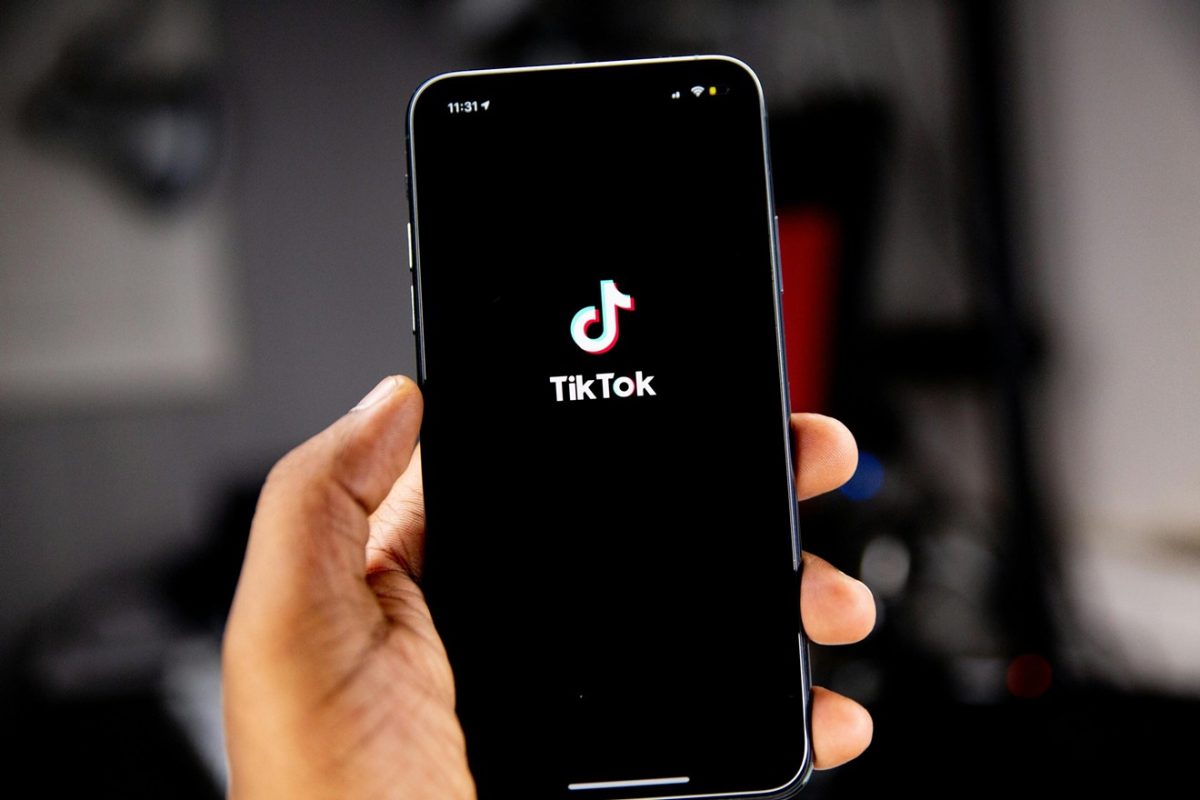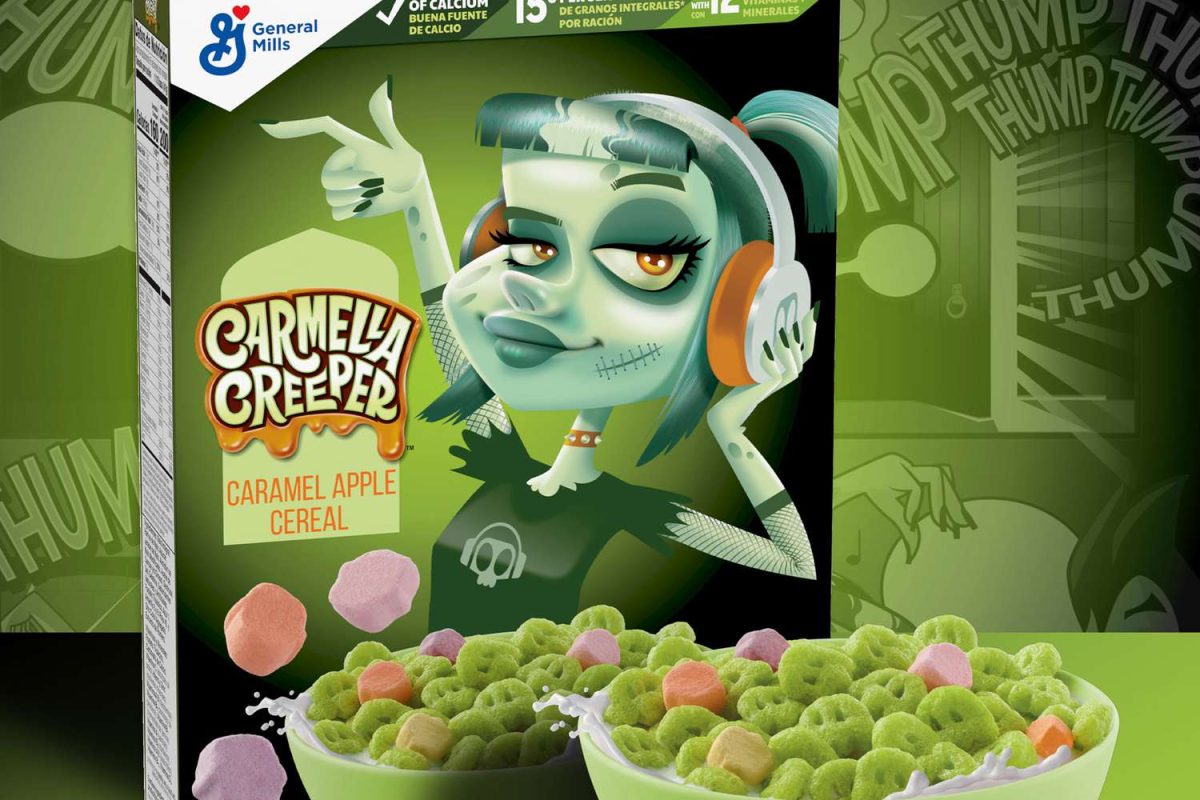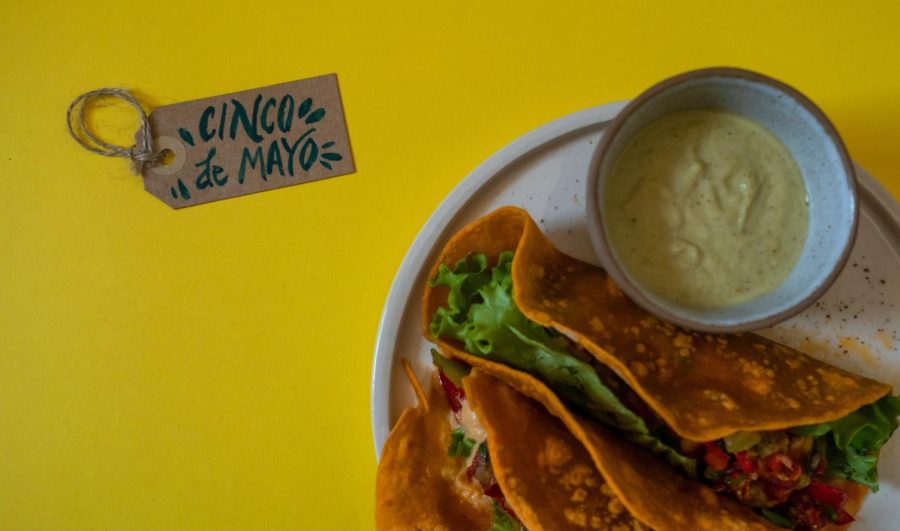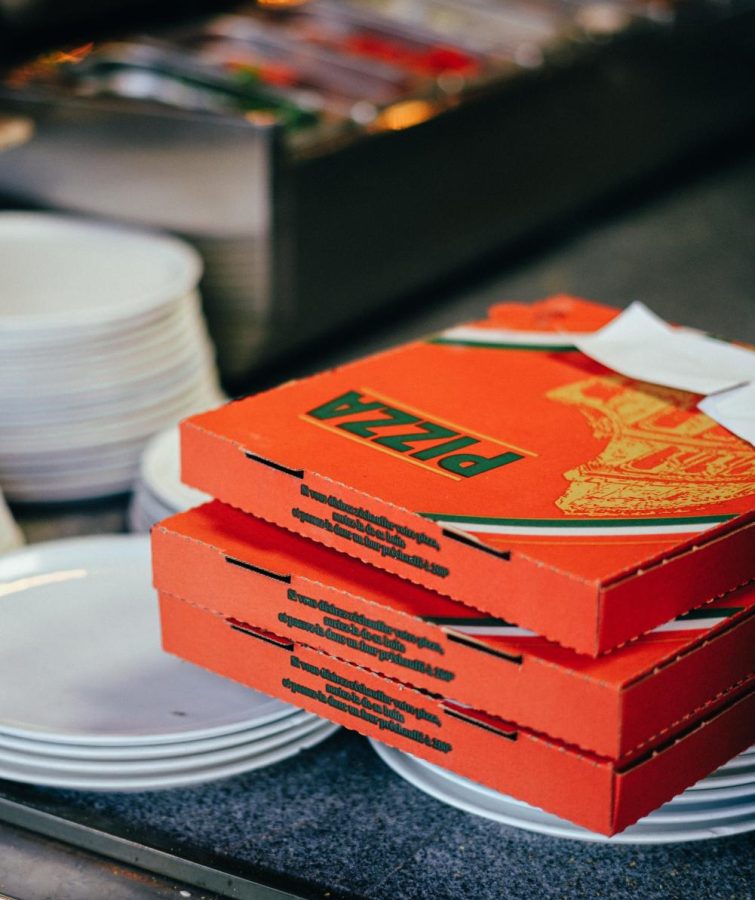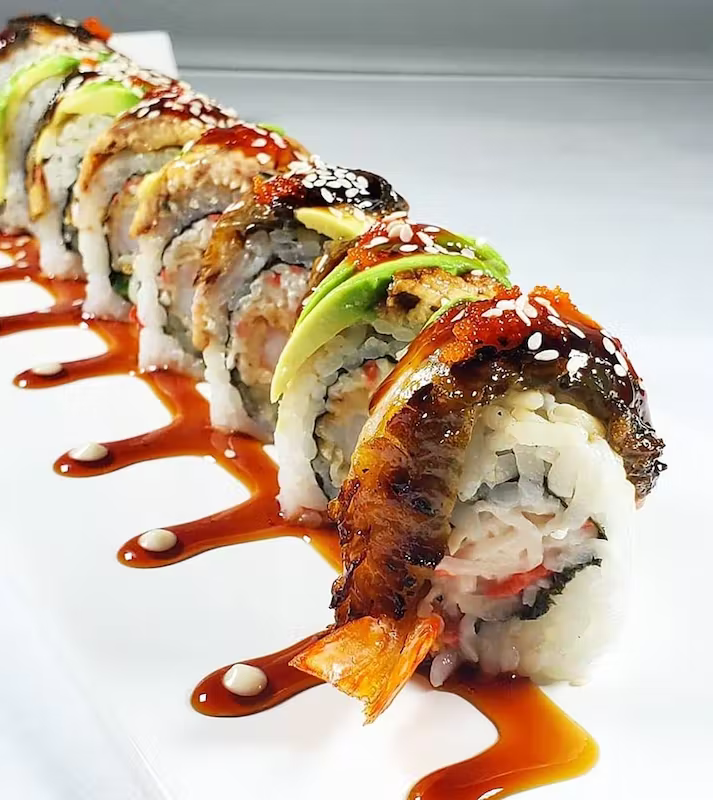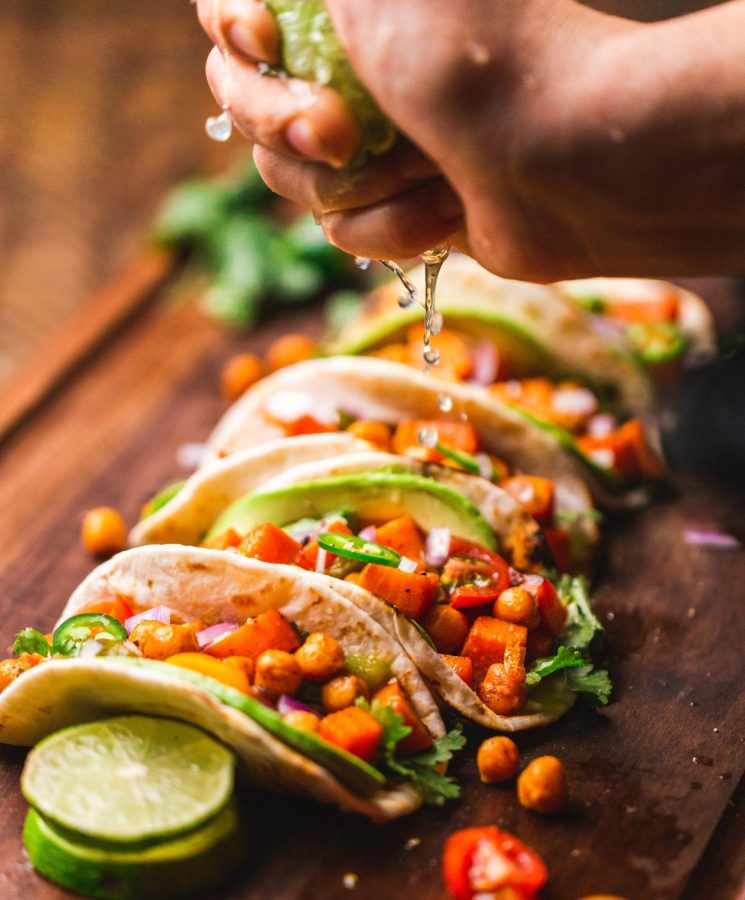After more than 100 years of selling ice cream, Ben & Jerry’s owner, Unilever, has lost its sweet tooth.
Unilever plans to separate its ice cream division—which also makes Magnum, Wall’s, Breyers, Talenti, Popsicle, and Klondike—into a stand-alone business. It said listing the business as a separate entity is the most likely outcome. A sale is also a possibility.
The spinoff will end an unusual corporate partnership that began in 2000 when Unilever bought Ben & Jerry’s for $326 million. At the time of the purchase, Ben & Jerry’s stipulated that it would have an independent board, which allowed it to continue taking openly progressive stances on social and political issues.
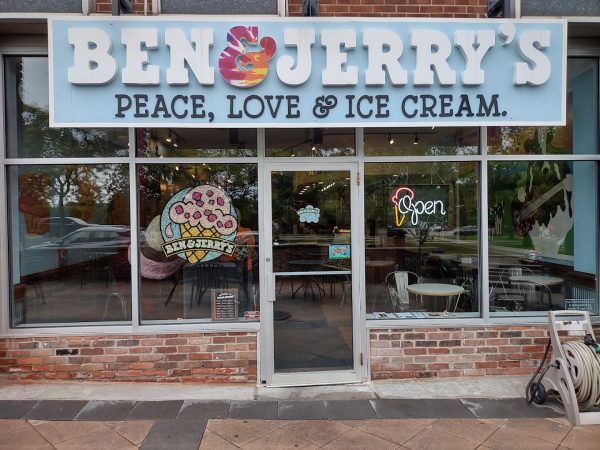
In its announcement, Unilever said the decision is based on its board’s view that the company should focus on “superior brands with strong positions in highly attractive categories that have complementary operating models.”
The ice cream businesses have “a very different operating model, and as a result the board has decided that the separation of ice cream best serves the future growth of both ice cream and Unilever,” it added.
Unilever has sold ice cream since it bought Wall’s in 1922, a brand that was started by a butcher’s shop in London. In 1993, Unilever bought Breyers and seven years later purchased Ben & Jerry’s. Unilever’s ice-cream business, which includes five of the top 10 global brands in terms of sales, brought in revenue of $8.6 billion last year.
But the ice-cream business has in recent years posed big challenges to Unilever.
Ben & Jerry’s has turned into something of a thorn in its side. The brand, which has an independent board, and its parent company have repeatedly butted heads in recent years. In 2022, for instance, Ben & Jerry’s sued Unileverfor selling its business in Israel and the country’s West Bank region to a local licensee, arguing that the sale violated Unilever’s pledge to end sales of its products in the region in 2021 as a show of support for the Palestinian cause.
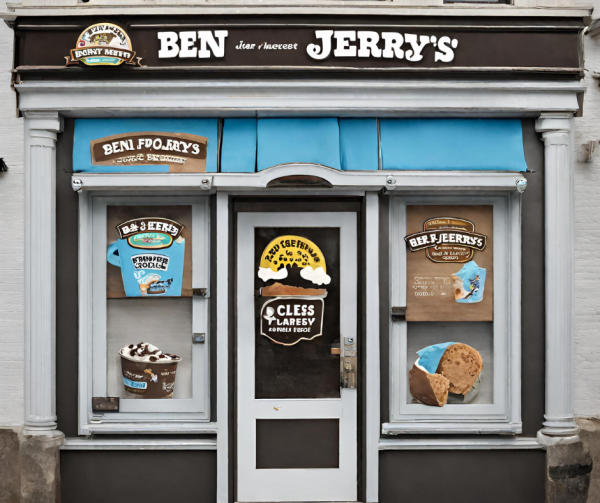
Additionally, the company’s profit margin on churning out ice cream is less than half what it makes selling personal care products. Unilever is also known for brands including Dove soap, Hellman’s, Pepsodent and Vaseline. Last year, ice-cream sales rose 2.3%, the weakest growth rate of any unit in Unilever’s portfolio. The company raised prices, which drastically decreased sales.
Unilever, which has 128,000 employees worldwide, also said it is launching a “productivity program” that is expected to lead to a reduction of about 7,500 mostly office-based jobs. The spinoff of the ice cream division is likely to be completed by the end of 2025.

